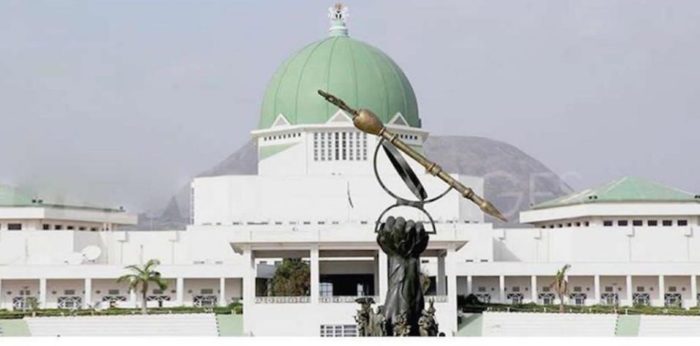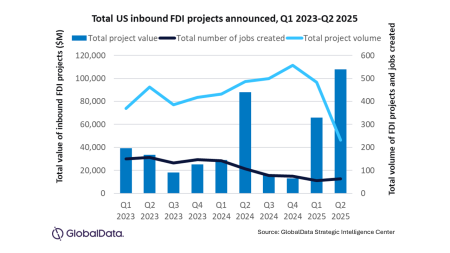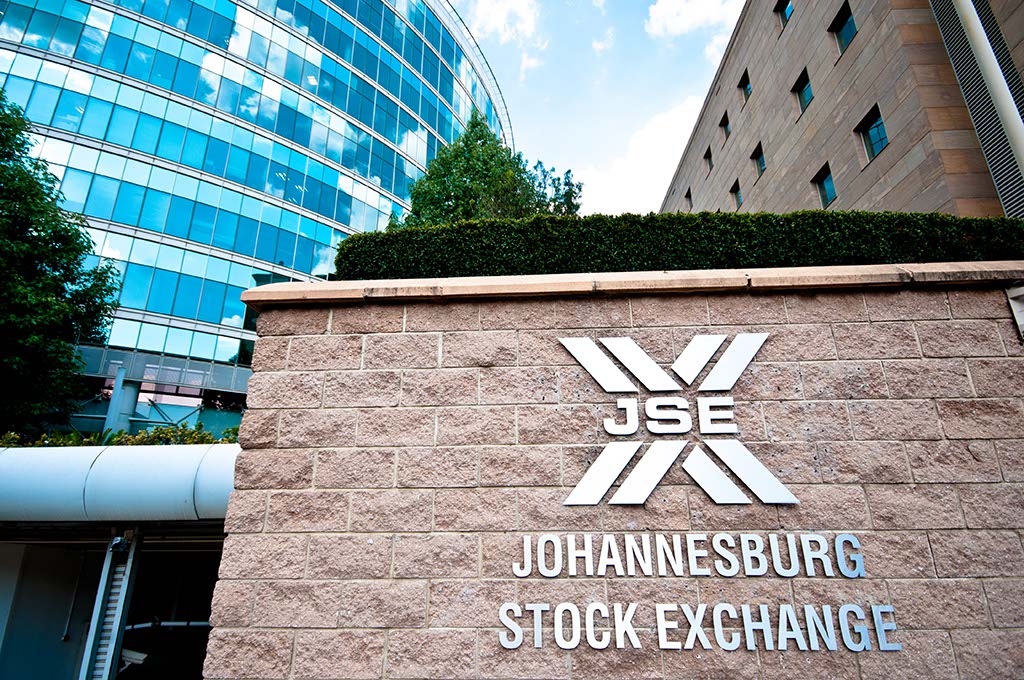20 January 2015, Abuja – —International advocacy group, ActionAid, yesterday, accused Shell, Total and ENI of fleecing Nigeria of $3.3 billion in seven years, through their investments in the Liquefied Natural Gas, operated by the Nigeria LNG Limited, NLNG.

NLNG is a joint venture, JV project owned by four shareholders, namely, the Federal Government of Nigeria, represented by the Nigerian National Petroleum Corporation, NNPC, which has a 49 per cent stake, Shell Gas BV, SGBV, 25.6 per cent; Total LNG Nigeria Limited, 15 per cent; and Eni International (N.A,) N.V. S. A, 10.4 per cent.
Accordingly, based on their equity holding, the JV partners owe as follows:
NNPC – 49% – $1.62billion
Shell – 25.6% – $845 million
Total – 15% – $495 million
Eni – 10% – $330 million
However, in a swift response to the allegations, the NLNG debunked the claims, saying that the tax incentives and Federal Government’s investment in the NLNG had yielded $33 billion in the form of dividends, taxes and feed gas purchases for Nigeria over the past 16 years. It added that an additional $5 billion had accrued through corporate spend on local goods and services during the same period.
Unusual tax breaks
Specifically, ActionAid, in a public presentation of its report titled: ‘Leaking Revenue: How a big tax break to European gas companies has cost Nigeria billions,’ in Abuja, disclosed that the country was fleeced of the amount due to the extraordinary tax breaks granted the companies after the initial five-year tax break elapsed.
According to the report, the massive tax break was enabled by a unique law passed in 1990, adding that it was a triple whammy — a tax break in three parts — stretching from 1999 to 2012.
The report said: “First came a regular five year tax holiday granted to most investors in Nigeria. Second, an extension for a further five years exceptionally allowed for this particular deal. Thirdly, tax allowances that would have been used during the tax holidays were rolled over and exempted the companies from tax for a further two years.”
ActionAid further stated that the tax holiday extension meant the loss of about $2 billion in revenue, and the rolled over allowances where the same tax was effectively foregone twice, a further $1.3 billion. It added that tax foregone in the first five years was not counted, as this was the normal tax break.
The report also noted that while tax holidays are normal, 10-year tax holidays, the type granted to Shell, Total and Eni, are not tailor-made laws like the type in this instance.
ActionAid also disclosed that the consortium is the only company in Nigeria with its own law defining its tax framework, adding however, that there is little publicly accessible information about how a special tax framework was created for the consortium.
JV partners keep mum
All the Joint Venture, JV, partners in the project preferred to defer to NLNG’s response to the allegations; as none of them would comment on the issue when contacted by Vanguard.
While NNPC insisted that it is not the operator of the venture, Shell advised Vanguard to: “kindly direct all questions on this to NLNG,” and Total insisted that “the company is not owing,” and no word from Eni.
Although the Corporation noted that it is merely a partner in the venture, but the report queried the role of NNPC in the issue and expressed suspicion over NNPC’s remittances to the Federation Account, from its dividends, loan and interest repayments in the consortium.
To this end, ActionAid called on the Federal Government and the National Assembly, to ensure that proposed amendment to the Companies Income Tax Act, CITA 2004, effectively extending pioneer status tax holidays from five to 10 years is not implemented.
Allegations are false, misleading — NLNG
However, in a response to the allegations, Nigerian LNG, in a statement by its General Manager, External Relations Division, Mr. Kudo Eresia-Eke, maintained that the claim by ActionAid is false and misleading.
He added that the concept of tax holidays are not unusual practice in the global business community, as Angola offered as much as 12 years tax holidays to encourage investments in their LNG industry.
Furthermore, other countries like Oman, Malaysia, Qatar and Trinidad had offered up to 10 year tax holidays to attract LNG investments, he argued.
Eresia-Eke further noted that more generous tax incentive schemes currently exist in free trade zones in Nigeria, where participants are granted absolute exemption from all forms of taxes and levies chargeable by any level of government, in perpetuity.
Companies defraud Nigeria of huge sums — Hembe
Also speaking, Mr. Herman Hembe, a member of the House of Representatives, said the country has lost huge amount due to tax avoidance practices and tax breaks granted to companies.
He said: “Of more concern, however, is the tendency for the country to willingly give out its due resources through different types of tax incentives. Strangely too, in some instances, even in ventures where it has invested heavily as in this particular case of NLNG.
“While tax incentive is not wholesale a bad inappropriate approach for attracting investors, to provide jobs and to address concerns about development of industry; it is however, a dangerous option when it is just about reducing tax bills of companies.”
- Vanguard



